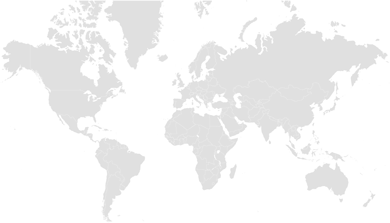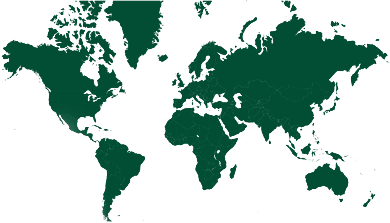Software
2023 • World Bank WICER Quick Assessment Tool – Water in Circular Economy and Resilience Quick Assessment Tool
The WICER Quick Assessment Tool evaluates whether a project, system, or city integrates Water in Circular Economy and Resilience (WICER) principles. By answering targeted questions, users can assess their level of circularity and resilience and receive resources and guidelines to enhance their practices. This tool is designed for urban water planners, policymakers, and organizations aiming to promote circular economy and resilience. It supports the planning and improvement stages of projects and is accessible online, with no specific skills required apart from basic knowledge of water systems. It has been applied globally to strengthen urban water systems against climate change and resource constraints.
Recovered Materials & Products
Nutrients
Water
Waste Streams
Wastewater
Greywater
Confirmed countries
Germany


What is this tool intended for?
The WICER Quick Assessment Tool is intended to: Help users determine whether their water-related projects or systems adhere to circular economy and resilience principles.
Provide recommendations, resources, and guidelines to improve circularity and resilience in urban water systems.
How does this tool work?
The tool functions as a browser-based interactive questionnaire, where each question evaluates a project or system's alignment with WICER principles. Questions are accompanied by:
- Definitions of core concepts like circularity and resilience.
- Resource links for further exploration.
- Actionable guidelines for improvement.
Who might use this tool and with which types of stakeholders?
Primary users are urban water planners, municipal policymakers, environmental consultants, and international development agencies. Stakeholders are local governments, community organizations, and private-sector entities working on water infrastructure projects.
What stages of a process can this tool support?
Planning: Identifying opportunities to incorporate circular economy practices; Implementation: Ensuring systems are resilient and sustainable.
What skills, capabilities, and resources are required to use this tool?
Basic understanding of water systems and access to an internet connection.
Where can this tool be used?
Globally, in urban areas, municipalities, and regions addressing water scarcity, climate adaptation, and resource efficiency.
Get the Tool
Technologies
Themes
Assessment
Design
Capacity building